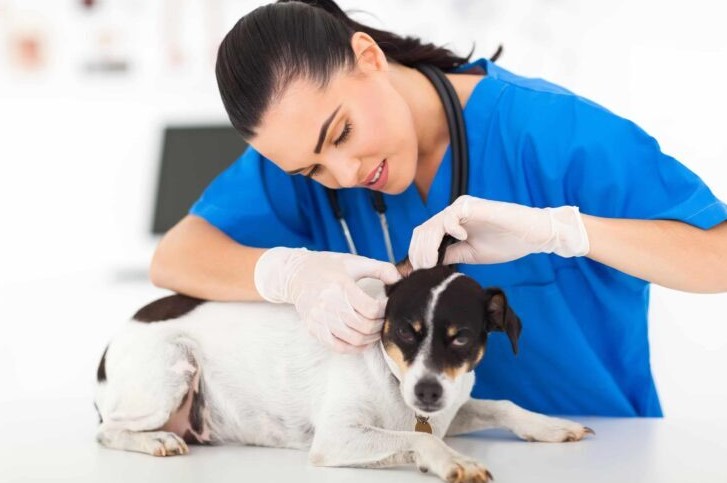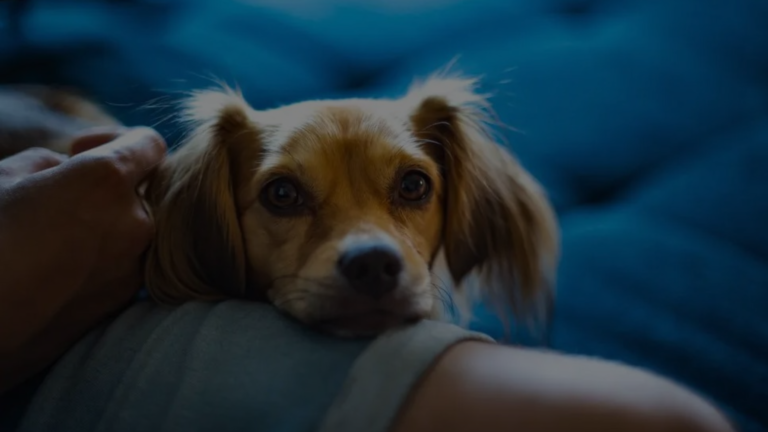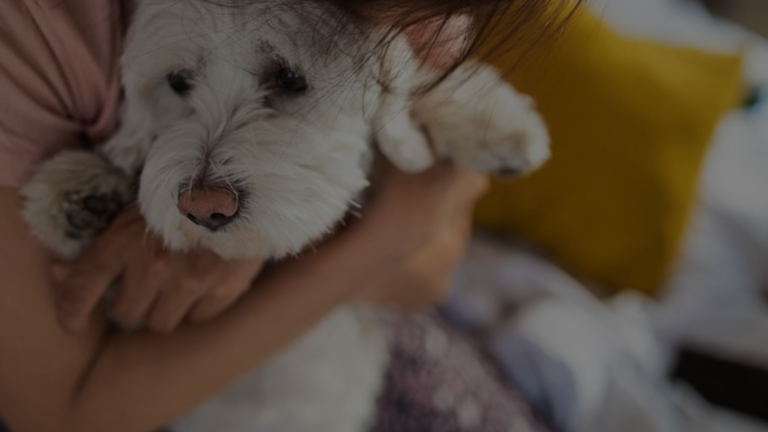If your beloved canine companion has recently undergone surgery, it’s crucial to ensure their recovery process is as smooth and comfortable as possible. One common concern for pet owners post-surgery is how to keep dog from scooting after surgery, which can be uncomfortable and hinder the healing process. In this comprehensive guide, we’ll provide you with practical tips and advice on how to keep your dog from scooting after surgery.

Understanding Why Dogs Scoot
Before we dive into the solutions, it’s essential to understand why dogs scoot. Most often, scooting is a sign of discomfort, anal gland issues, or irritation. After surgery, your dog may be more prone to scooting due to:
Post-surgery discomfort
Dogs may scoot to alleviate discomfort, especially if the surgery site is near the tail or hindquarters. It’s crucial to keep your pup comfortable during this period.

Anesthesia Side Effects
Anesthesia can sometimes lead to temporary bowel or bladder control issues, which may contribute to scooting.
Tips for a Scoot-Free Recovery
Now, let’s explore the practical steps you can take to prevent your dog from scooting after surgery.
Pain Management
Ensure your dog receives prescribed pain medication and follow the vet’s instructions carefully. This will help reduce any discomfort that might lead to scooting.
Keep the Wound Clean
Maintaining cleanliness around the surgical site is crucial. Follow your veterinarian’s recommendations for wound care to prevent infections and discomfort.
Adequate Rest
Rest is vital for your dog’s recovery. Make sure your furry friend has a quiet and comfortable place to rest without any disturbances.

Cone of Shame
Consider using an Elizabethan collar or “cone of shame” to prevent your dog from reaching the surgical site or causing any irritation.
Monitor Bathroom Habits
Keep a close eye on your dog’s bathroom habits. Any changes should be reported to your veterinarian immediately.

Diet Modification
Consult your vet for guidance on any necessary diet modifications during the recovery period. A balanced diet can aid the healing process.
Anal Gland Expression
If your dog’s scooting is related to anal gland issues, it’s important to address this concern.
Professional Help
Consult a professional groomer or veterinarian for regular anal gland expression. This can alleviate the discomfort that often leads to scooting.
High-Fiber Diet
Consider incorporating a high-fiber diet into your dog’s meals to help maintain healthy anal glands. Always consult your vet before making any dietary changes.

Preventing Infections
Infections can exacerbate scooting. Preventing them is essential.
Regular Cleaning: Clean your dog’s hindquarters regularly to prevent any buildup of dirt and bacteria.
Antibiotics: Follow your vet’s prescribed antibiotic regimen, if applicable, to prevent or treat infections.
Environmental Considerations
Creating a suitable environment is crucial for your dog’s recovery.

Comfortable Bedding: Provide your dog with comfortable and soft bedding to reduce pressure on the surgical area.
Keep the Area Dry: Ensure the area where your dog rests is dry and free from moisture to prevent skin irritations.
Limit Activity: Restrict your dog’s activity level as per your vet’s recommendations. Excessive activity can lead to discomfort and scooting.
Resources & References
Here are some high-authority resources and references for further information on post-surgical pet care and preventing scooting:
Recommended Articles
Recommended Video
We hope these tips have helped ensure a smooth recovery for your furry friend. For more information and advice on pet care, be sure to check out our related articles. And, for a visual guide to post-surgical pet care, consider watching the suggested YouTube video titled “Post Surgical Pet Care at Home” to help you provide the best care for your beloved pet.
FAQs – How to Keep Dog from Scooting After Surgery
What to do if my dog is scooting after surgery?
If your dog is scooting after surgery, it is important to take them to the veterinarian to rule out any infection or other complications.
How to prevent my dog from scooting after surgery?
There are a few things you can do to prevent your dog from scooting after surgery, such as providing them with a comfortable place to rest and avoiding activities that could put strain on their incisions.
Why is my dog scooting after surgery?
Dogs scoot for a variety of reasons, but it is most common after surgery due to inflammation and irritation of the anal glands.
How to clean my dog’s anal glands?
If your dog’s anal glands are inflamed or irritated, you may need to clean them yourself. To do this, you will need to use a warm compress and a gentle soap.
How to stop my dog from scooting?
If your dog is scooting excessively, there are a few things you can do to stop them, such as applying a muzzle or using a belly band.
What to do if my dog’s scooting is severe?
If your dog’s scooting is severe, you may need to take them to the veterinarian for medication or surgery.







